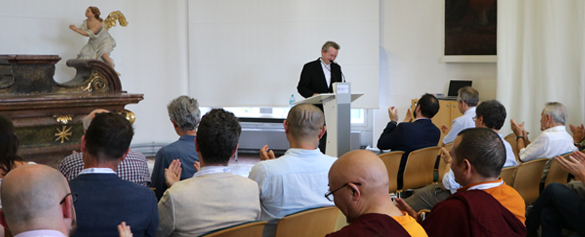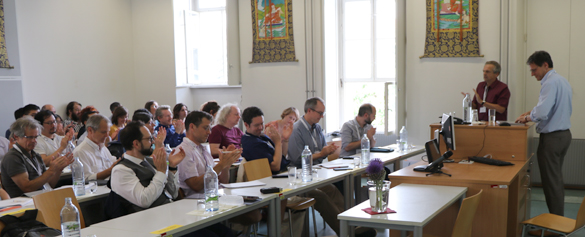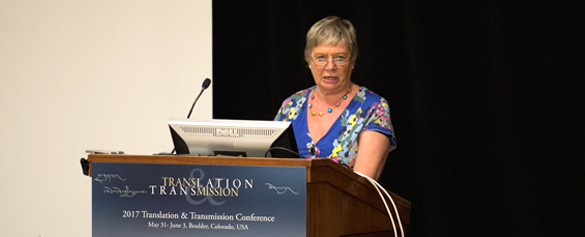Tathāgatagarbha: A Brief History
Marcus Perman2022-11-16T23:39:20-07:00A term of indefinite meaning and uncertain origin, tathāgatagarbha is one of the most inspiring, provocative, and controversial concepts in the vast literature of Buddhism. Variously interpreted as the promise of buddhahood for all, the promise of buddhahood for some, and a provisional teaching for those intimidated by emptiness, it has generated commentary from across the Mahāyāna world among many of the most influential masters of India, Tibet, China, Korea, and Japan. This lecture will seek to provide an overview of the history and influence of tathāgatagarbha.




